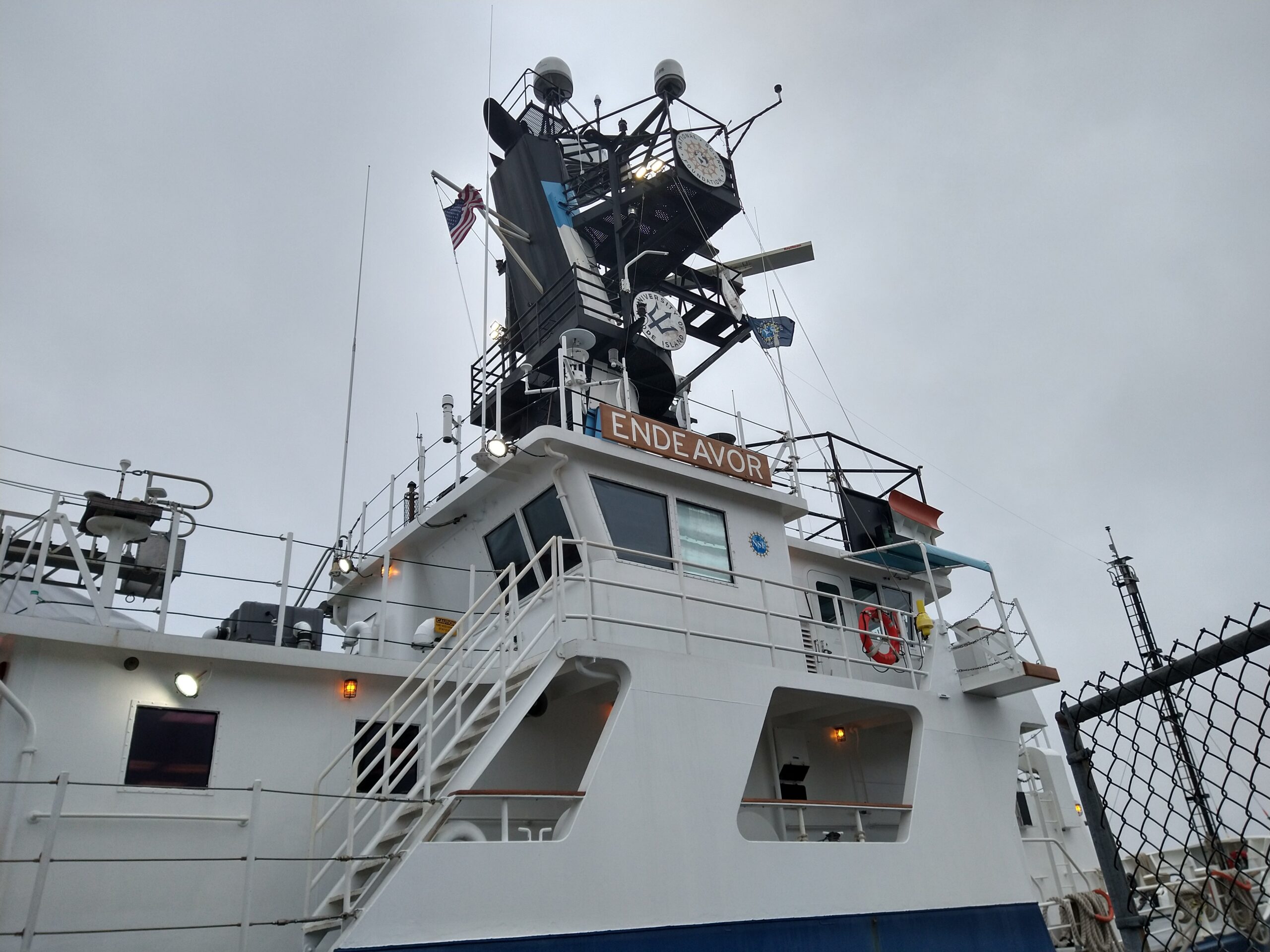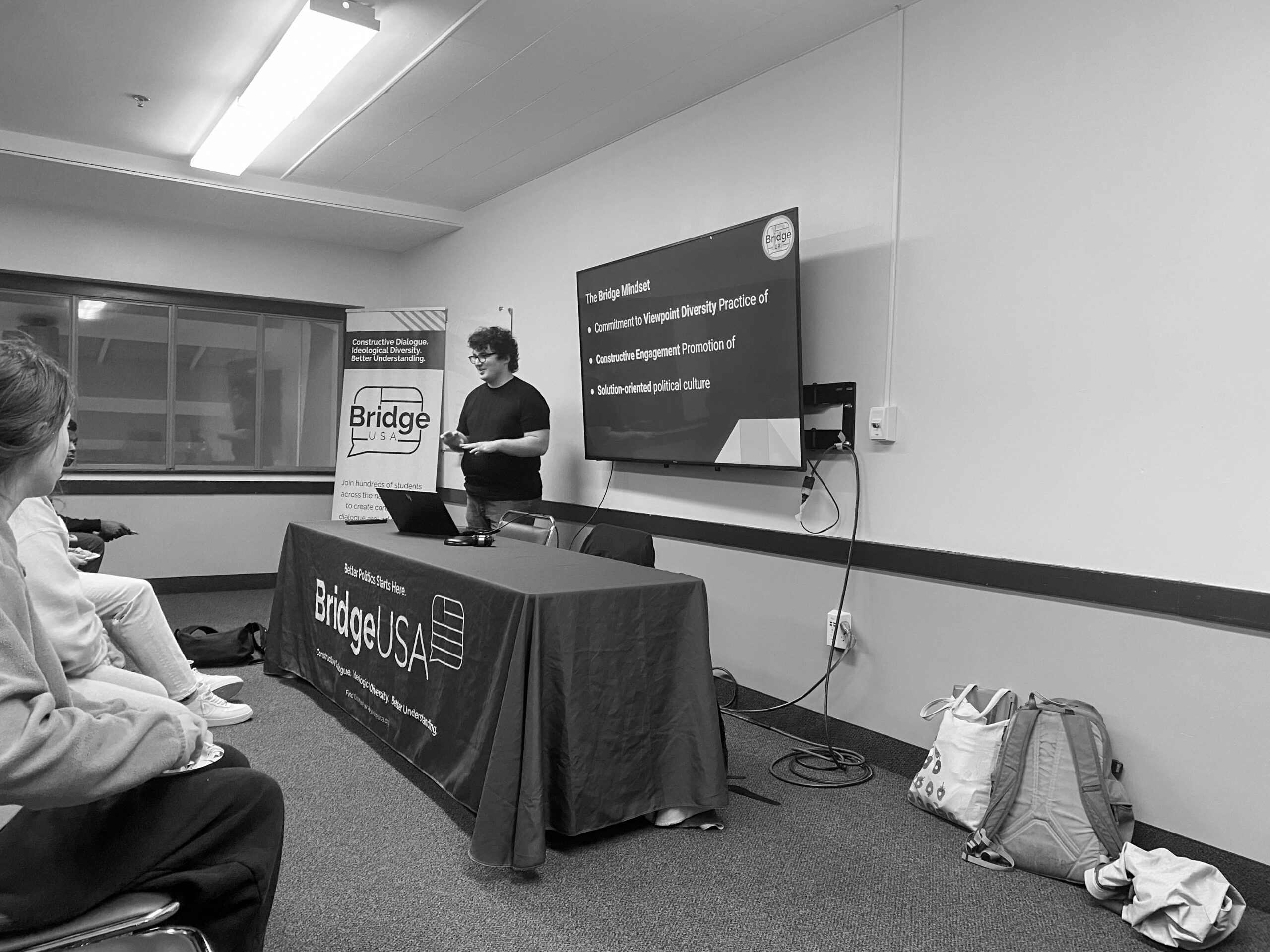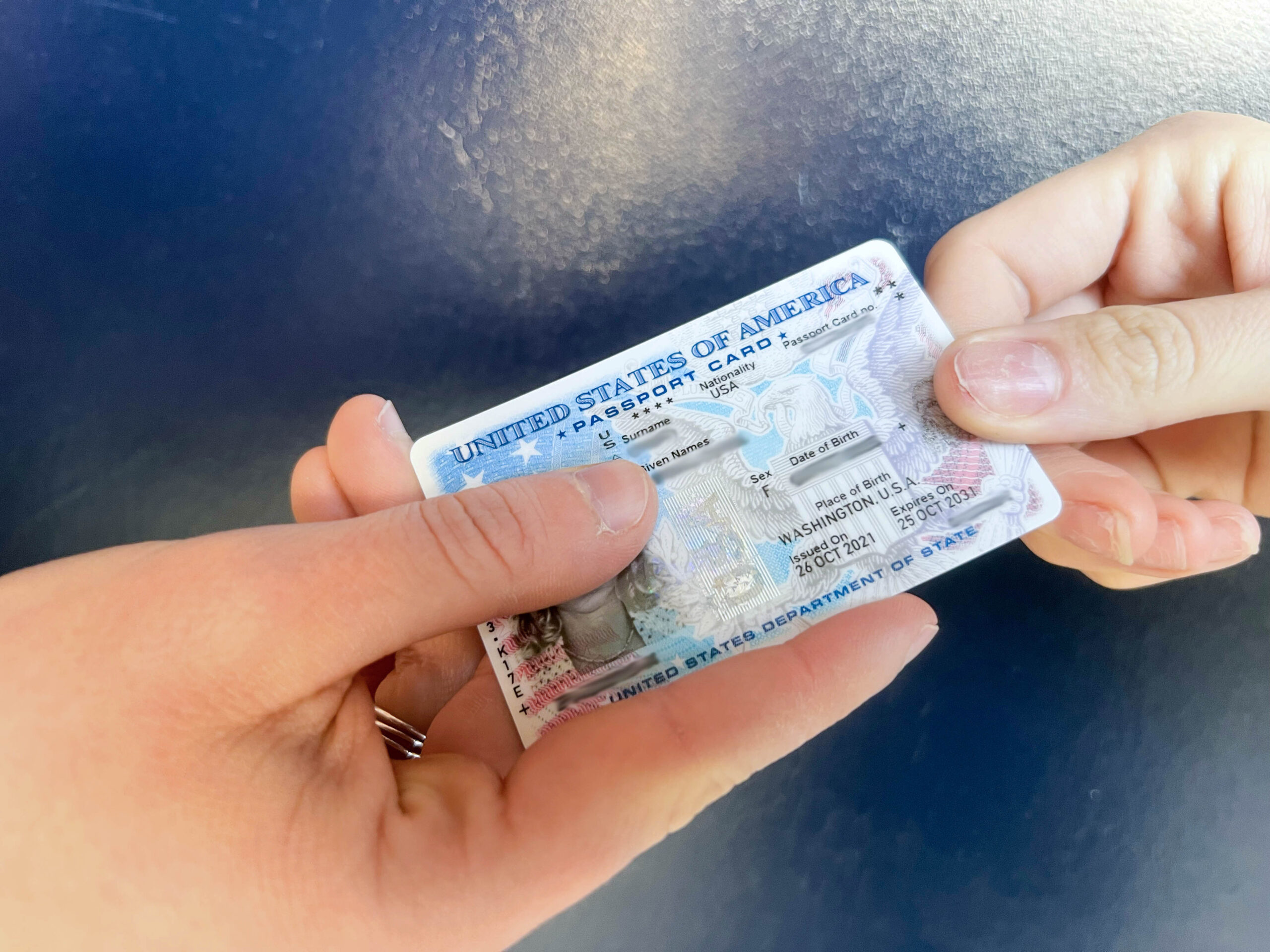Narragansett Dawn to arrive in 2023
After 45 years of breathing in some fresh salt, the Endeavor will soon give way to a new age as Narragansett Dawn becomes URI’s future research vessel. PHOTO CREDIT: Nadia Sutyrina
After 45 years of service, the University of Rhode Island’s Research Vessel Endeavor will soon sail off into the sunset, making way for a new $125 million research vessel Narragansett Dawn to arrive.
Technically owned by the National Science Foundation (NSF), URI’s Graduate School of Oceanography (GSO) has operated Endeavor since her arrival in 1976 at the Narragansett Bay Campus. URI receives funding from the NSF to maintain the vessel and oversee her day-to-day operations, according to GSO professor and Associate Dean David Smith. This includes regular repairs, as well as supporting scientific research from both URI professors and other industry professionals alike.
Narragansett Dawn is tentatively scheduled to arrive in early 2023 and is currently being built in Louisiana alongside two other research vessels that will be distributed to Oregon State University and to the University of Southern Mississippi. According to Smith, production is going well, but Louisiana’s hurricane-prone location has some potential to cause delays.
The new research vessel was designed with updated technology in an effort to offer more opportunities for scientific research.
“I use the analogy of, if you’re still driving around in a 1976 station wagon, and now you go into the auto dealer, and now you see ‘oh they got seatbelts and all kinds of stuff,’” Smith said of the technological advancements Narragansett Dawn will be fitted with. “But in some ways, the ship will do the same thing and will support the same type of research.”
Chris Armanetti, the master of Endeavor since March 2020, is looking forward to the updated technology and offerings the incoming Narragansett Dawn will offer. Specifically, he is most looking forward to the updated dynamic positioning technology which will allow the vessel to maintain a position and stay relatively stationary when needed.
“For me, as a shiphandler, the biggest change is going to be the dynamic positioning,” Armanetti said. “Most research vessels have that, and we do not, and we’re still doing our best to keep up with what these newer ships can do. It’s going to allow us to do different kinds of work that we haven’t really been able to do with the Endeavor.”
To prepare for the arrival of Narragansett Dawn, URI will rebuild its pier at the Bay Campus, which Smith estimates to currently be between 60 to 70 years old. This project will cost approximately $750,000, according to the Office of Capital Project’s website. The maintenance to the pier will begin soon, which required the GSO to relocate Endeavor to Quonset Point in North Kingstown.
The new home for the research vessel will pose new challenges and adjustments for Armanetti and his crew after being so accustomed to their current homeport at the Bay Campus. According to Armanetti, the Bay Campus has been the base of operations for Endeavor’s entire life. The crew will have to adjust to a new dock, routine and gear, as well as the security changes that come with being based at a former-naval port.
Despite the adjustments the crew will have to make over the next few years, Narragansett Dawn’s arrival and the completion of the Bay Campus construction will provide an appropriate exit for Endeavor’s legacy.
“We’re all very proud of the crews that have kept the ship going, and the people in the marine office that have helped support the Endeavor,” Tom Glennon, director of GSO marine operations, said. “Not a lot of turnover. People take a lot of pride in ownership of the vessel as well.”
According to Smith, when Narragansett Dawn arrives, the title of ownership of the vessel will be transferred to URI from the NSF. From there, it is URI’s responsibility to find Endeavor a new, permanent home. Previously, Smith said, retired academic ships have been moved to places like Mexico or the Philippines.
“We’ll look for somebody that would like to extend the life of Endeavor and use her as a research vessel,” Smith said. “That would be our first choice. And, of course, the last choice would be to sell her for scrap. We don’t want to do that, but that may actually be the best-case scenario.”




